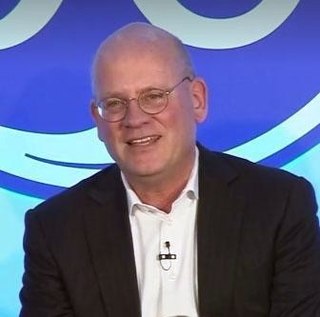A Quote by Tsai Ing-wen
China is still our largest trading partner; however, complementarity between our economies is decreasing. We had the ability to organize a manufacturing process, and then we moved our manufacturing capability to China to make use of their labor pool.
Related Quotes
At the moment we are hard-wired into the European markets - 50% of our exports go to Europe - and that has not been good for the UK. So I'm not saying "make Britain entirely dependent on China". I'm saying "let's diversify a bit". When I became chancellor, China was our ninth largest trading partner. This is the world's second biggest economy. China was doing more business with Belgium than it was with Britain.
Well, I think we are seeing some shifts in manufacturing. China, when you go in and you talk to the big manufacturers there, the biggest problems in mainland China are recruiting and retention. There isn't an endless supply of cheap labor anymore in China. And it's now true that the labor rates in Mexico are lower than in China.
It requires a different holistic approach and a recognition that it's not simply a question of stepping into China's shoes. Our 'Make in India' has to be different from China's in the sense that we have to do a 'taal-mel' or 'jugalbandi' of our IT skills that exist and our evolving manufacturing skills and become intelligent manufacturers.
If you talk privately to our tech companies, our pharmaceutical companies, our high-end manufacturing companies, the high end of America, where the good-paying jobs are, China is not letting them in unless China gets to steal their intellectual property in a company that`s 51 percent owned by the Chinese.
We are not very good at this. Our success rests on our international experience and on our ability to read the market. And I contest the notion that you can only succeed in China when you are well-connected. Neither my husband nor I are "princelings" - children of influential people, that is. And yet China has enabled us to succeed.

































